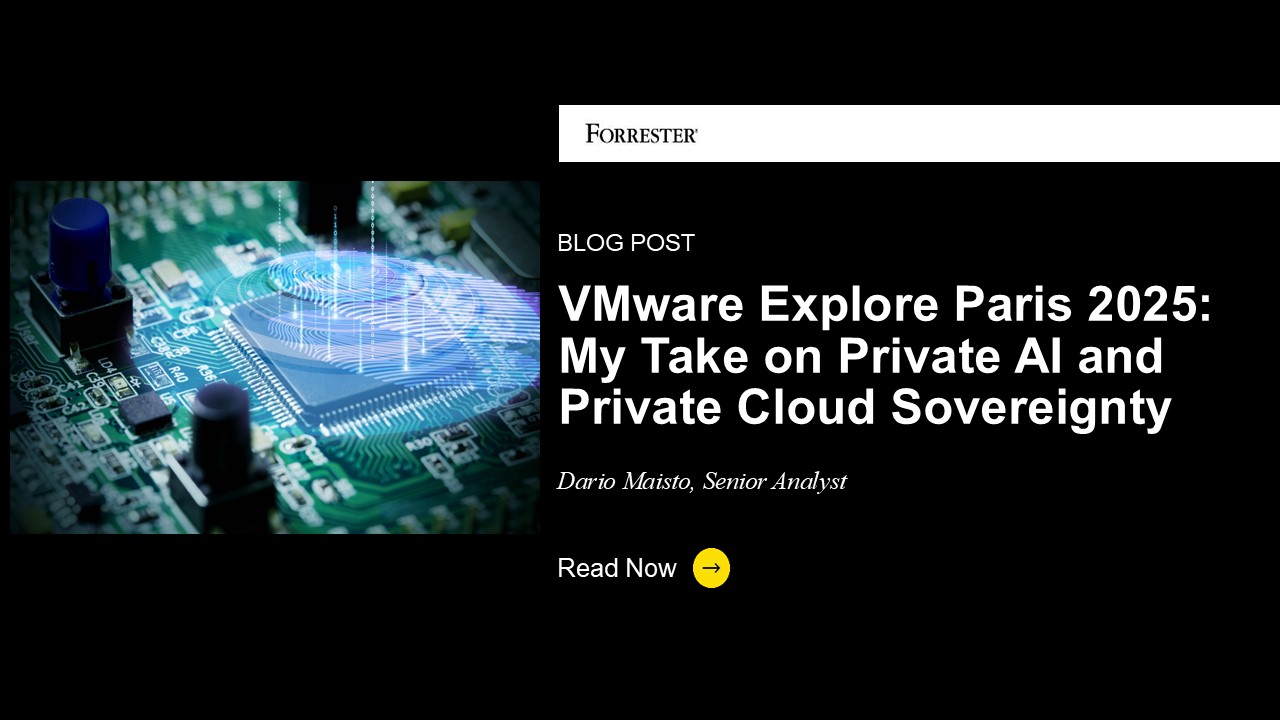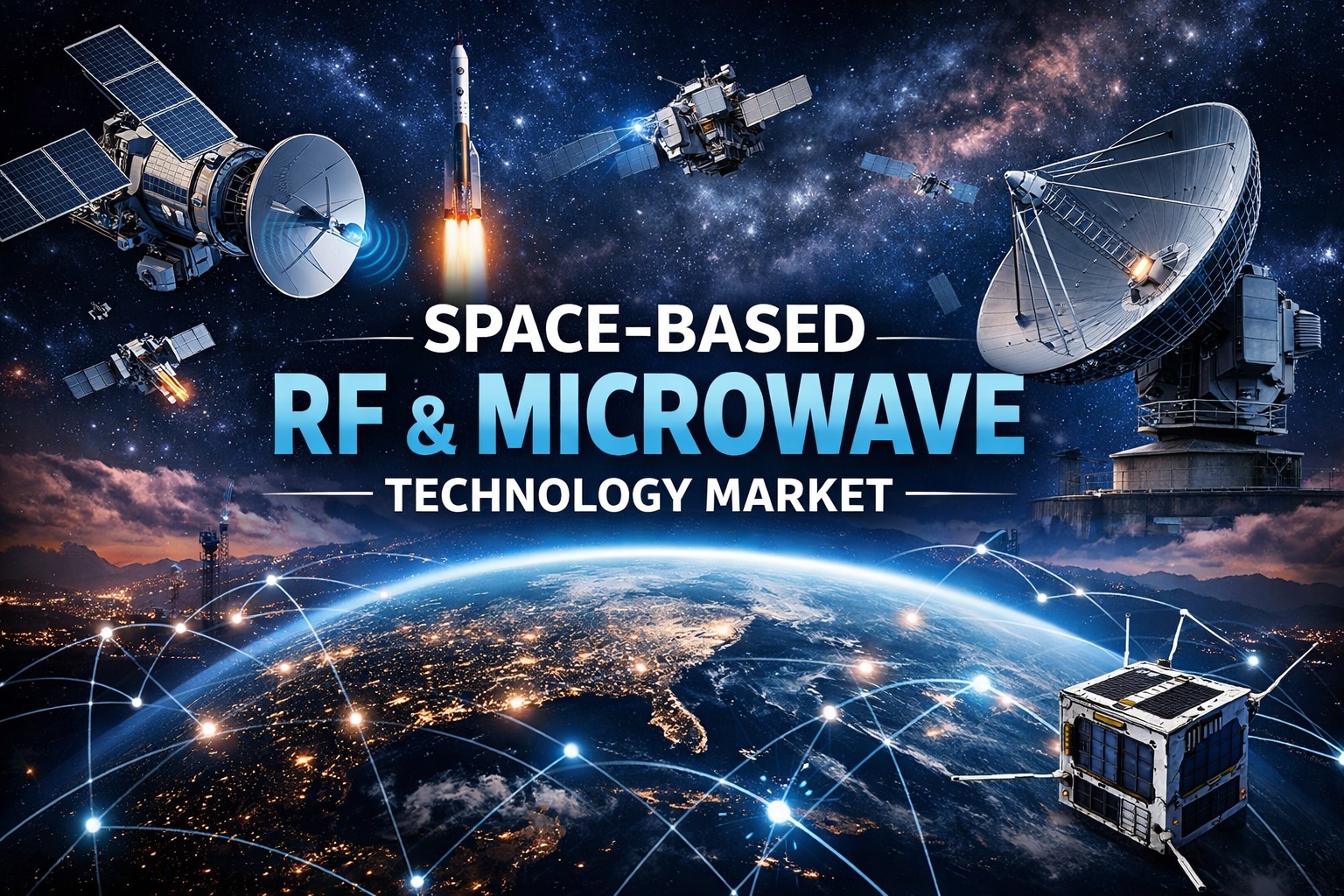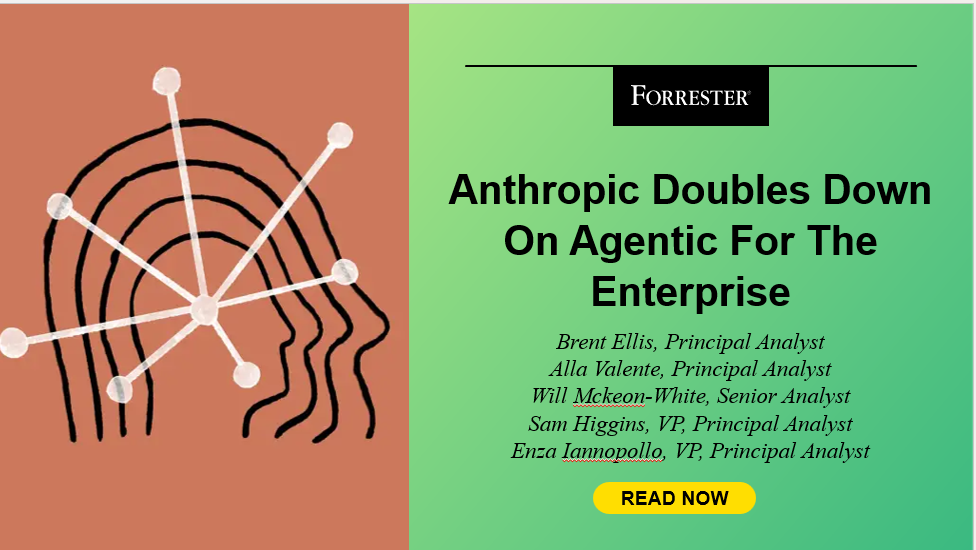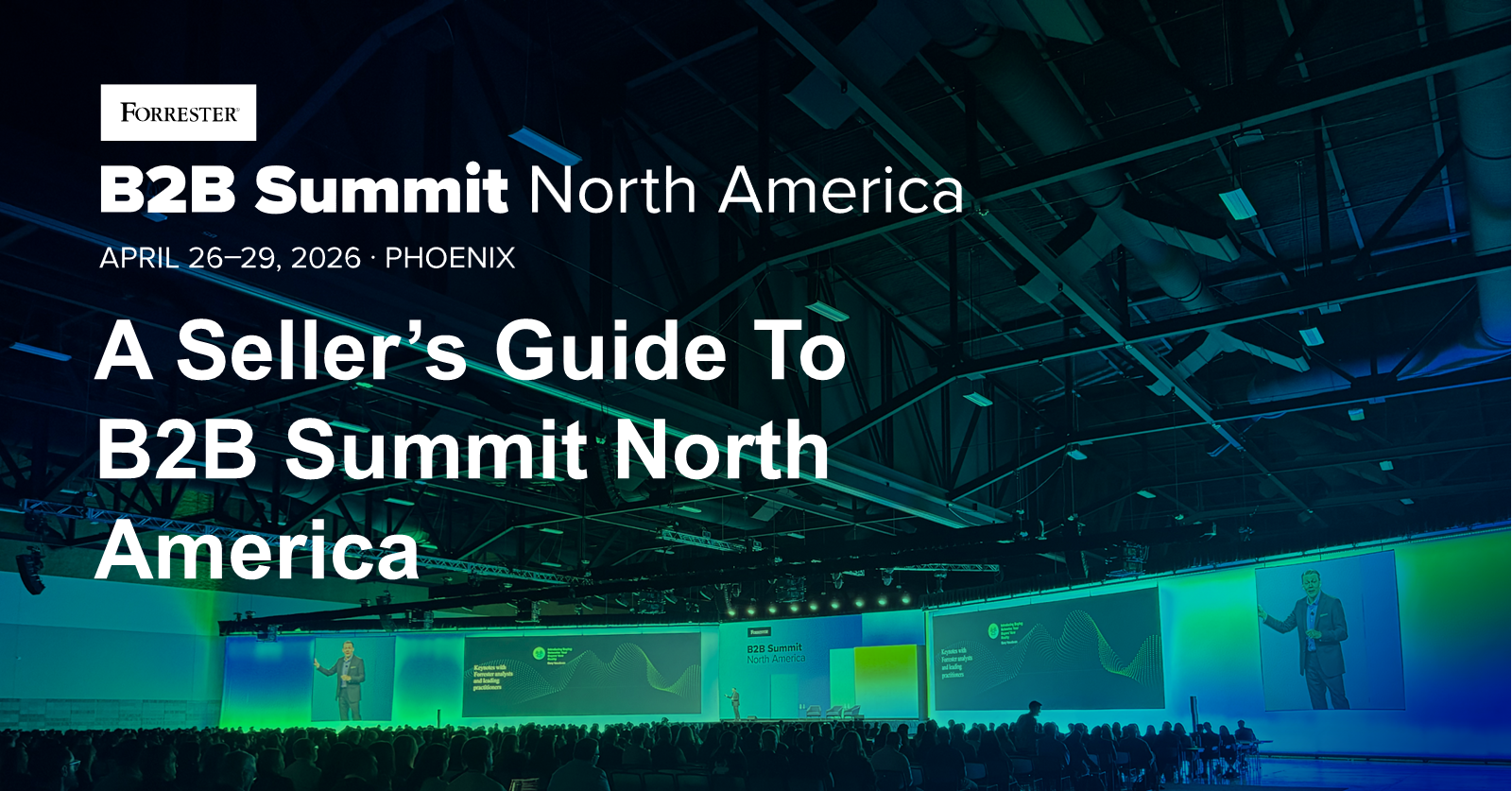On a sunny day in Paris, October 15th, 2025, VMware Explore EMEA concluded with a strong showing. The event highlighted three major themes: (1) the launch of VMware Cloud Foundation 9 (VCF9), (2) the rise of Private AI, and (3) a renewed focus on private cloud sovereignty.
Businesswise, according to VMware 85% of the top 10.000 clients worldwide have renewed with VCF. In EMEA 40% have already deployed it, while 50% are actively engaged in design. However, there is no public reference to these numbers. Even top executives acknowledged that they have a very low rate of deployment so far globally. So we’ll take these numbers with a pinch of salt as public references are not yet available.
The analyst summit featured focused sessions on Private AI, cloud sovereignty, and VCF9. Here’s what stood out:
Private AI: VMware’s Sovereign Alternative
VMware positions Private AI as its response to hyperscalers’ AI offerings. While hyperscalers are shifting toward on-prem and edge deployments to meet sovereignty demands, VMware enables clients to retain control over their data and intellectual property.
A compelling example came from the University of Luxembourg, which uses an on-prem GPT solution via Private AI to safeguard its IP. Other use cases included contact centers and co-development environments. Notably, contact centers were highlighted as a strong use case to demonstrate real AI ROI.
Cloud Sovereignty: Operational Control Over Infrastructure
VMware’s approach to cloud sovereignty emphasizes operational control rather than physical location. VCF can run on-premises, in co-located data centers, or even on hyperscalers. Yet, sovereignty remains consistent across these environments.
According to Martin Hosken of VMware, complex regulations are pushing enterprises toward regional providers. This shift helps mitigate legal and compliance risks. As a result, CIOs are re-evaluating public cloud strategies to balance flexibility with sovereignty.
VCF in Disconnected Environments
When asked about running VCF without internet connectivity, VMware confirmed that VCF continues to operate until the license expires. After expiration, applications remain functional, but management capabilities are lost.
This raised an important point. VMware representatives used the terms “license” and “subscription” interchangeably, despite their distinct implications for digital sovereignty. Interestingly, VCF9 is offered as a subscription, which does not align well with sovereignty-focused strategies.
Want to Learn More?
Interested on learning more on VMware’s offerings for sovereignty? Reach out to Forrester to schedule a guidance session or inquiry to help guide your sovereign AI cloud infrastructure initiatives or to learn more about this event.



























